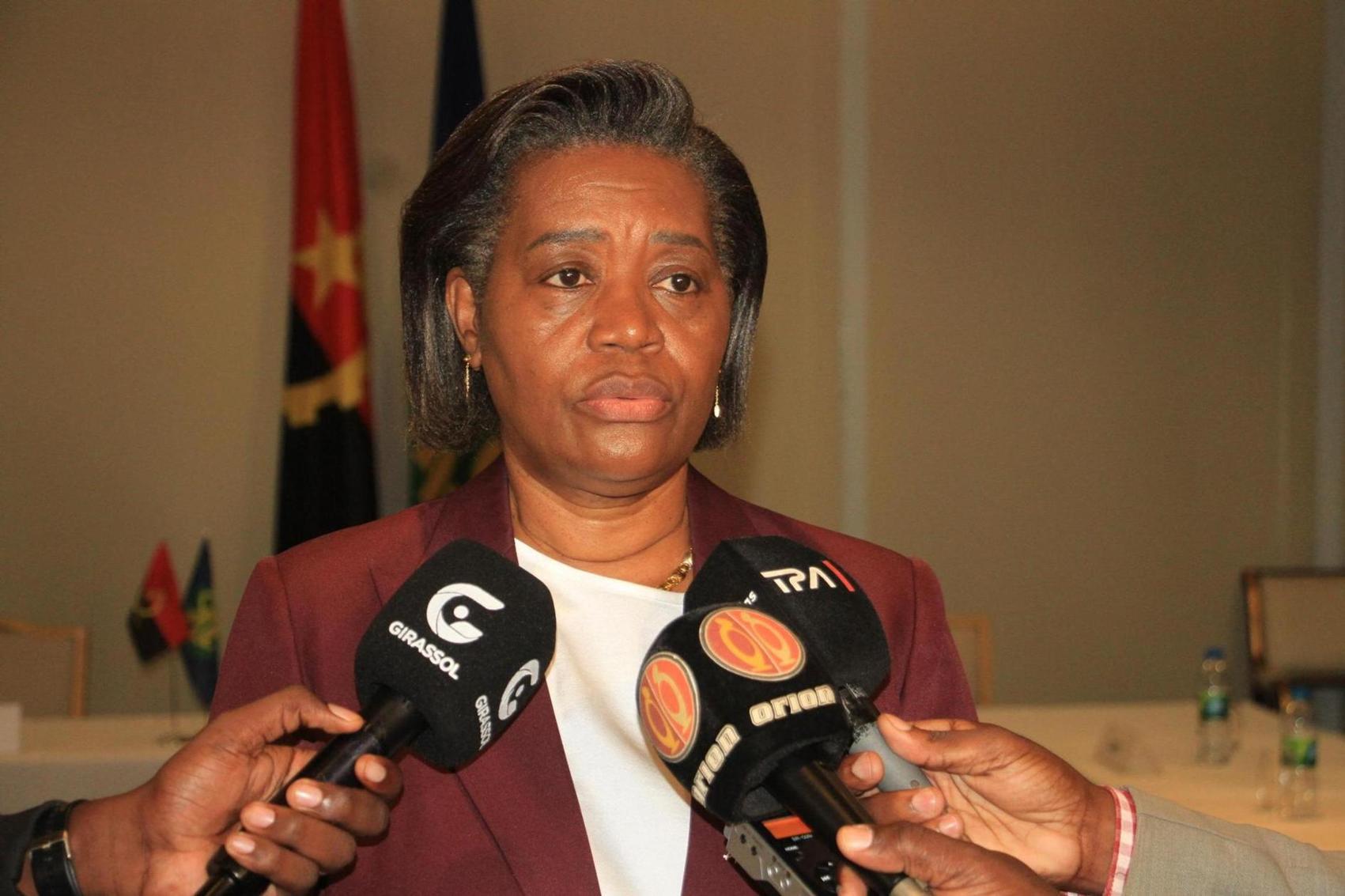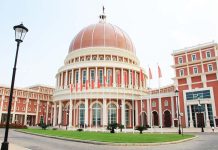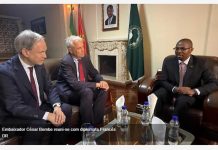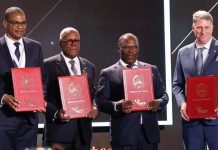Africa-Press – Angola. The slow progress of the Member States of the Southern African Development Community (SADC), in the application of signed protocols, makes it impossible to achieve development objectives by 2030, said this Friday, in Luanda, the Angolan Minister of Action Social, Family and Promotion of Women, Ana Paula do Sacramento Neto.
Speaking at the closing of the meeting of SADC ministers responsible for gender and women’s affairs, held in virtual format, the minister expressed concern regarding the implementation of protocols on the elaboration and reinforcement of specific laws, policies and programs to achieve equality and gender equity.
The leader spoke of non-compliance with special measures to eliminate barriers that prevent women from participating in a meaningful way in all spheres of life and create an environment conducive to their participation.
The failure to guarantee the equitable representation of women in decision-making positions in the political, public and private sectors, as well as the participation of women in electoral processes, are also on the agenda.
In this context, the minister highlighted that gender equality is well established in the Indicative Strategic Plan for Regional Development (RISDP 2020-2030).
Therefore, he reiterated the need for ministers in the region to address issues relating to political will and commitment, by eliminating the gap between intentions and implementation of policies.
It recommended the provision of adequate resources for actions linked to gender equality and women’s empowerment.
Ana Paula do Sacramento Neto asked ministers to mobilize resources, particularly financial, in order to boost gender agenda activities, fighting for an equitable distribution of budget resources and encouraging private sectors and interested parties.
The minister expressed great satisfaction with the fact that Angola had successfully presented UN Resolution 60/2, on women, girls and HIV/AIDS, promoted by SADC, to be implemented with technical updates, reviewed by CSW every two years.
This resolution focuses mainly on eliminating gender inequality, abuse and violence, as well as increasing the capacity of this fringe to protect themselves from the risk of the disease.
The meeting addressed issues related to the implementation of the SADC Protocol on Gender and Development, peace and security agenda, women in politics and decision-making positions and progress in efforts to address gender-based violence (GBV).
The work was guided by the minister of Social Action, Family and Promotion of Women and president of the SADC Council of Ministers responsible for Gender and Women’s Affairs, Ana Paula do Sacramento Neto.
For More News And Analysis About Angola Follow Africa-Press






